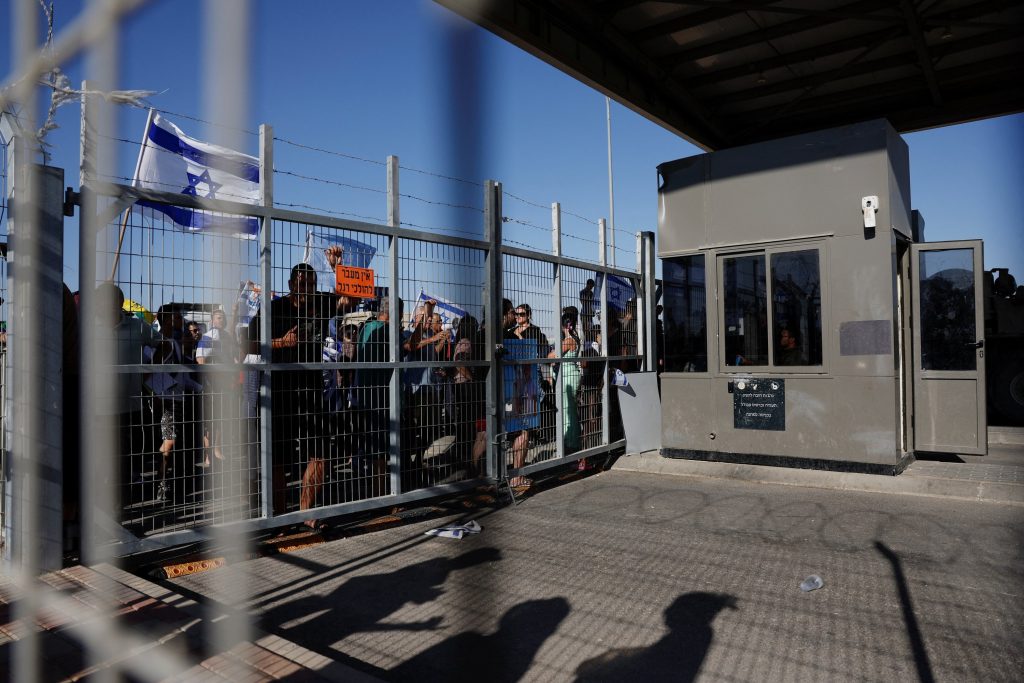Israel has released one of the nine soldiers arrested in connection with allegations of severe abuse, including rape, at the Sde Teiman detention centre. The decision follows significant controversy and ongoing deliberations about the remaining eight soldiers.
The nine soldiers were initially detained for their involvement in the alleged mistreatment of Palestinian detainees at Sde Teiman, a facility often compared to Guantanamo Bay and Abu Ghraib due to its notorious reputation. Reports indicate that at least 13 prisoners have died recently from abuse in Israeli prisons, with some sources suggesting the number could be as high as 27 since October 7 of the previous year.
Allegations of abuse surfaced in May, when an anonymous whistle-blower from the facility exposed disturbing details of the mistreatment and torture of Palestinian detainees. A subsequent investigation by the New York Times in June provided further harrowing accounts, including reports of rape. Despite these findings, Israel has denied any sexual abuse occurring at the detention centre.

Israeli lawyer Khaled Mahajneh, who visited Sde Teiman shortly after the New York Times report, confirmed the abuse and criticized the treatment of Palestinians, comparing it unfavorably to conditions at Abu Ghraib and Guantanamo. However, Israel has not publicly acknowledged any formal investigation into the alleged misconduct of its military personnel.
The timing of the soldiers’ detention has sparked speculation that it may be an attempt to preempt potential International Criminal Court (ICC) actions against high-profile Israeli figures, including Prime Minister Benjamin Netanyahu and Defence Minister Yoav Gallant. The principle of complementarity in international law holds that the ICC will only intervene when national systems are unwilling or unable to prosecute serious crimes, such as war crimes and crimes against humanity. Critics argue that the detention of the soldiers may be more about avoiding ICC scrutiny than upholding legal standards.
On Monday, the initial detainment of the nine soldiers led to violent protests by far-right Israelis, with some Knesset members joining the demonstrations. During a bail hearing at the Beid Lid military court, one of the soldiers was released, while the cases of the other eight soldiers remain under review.


